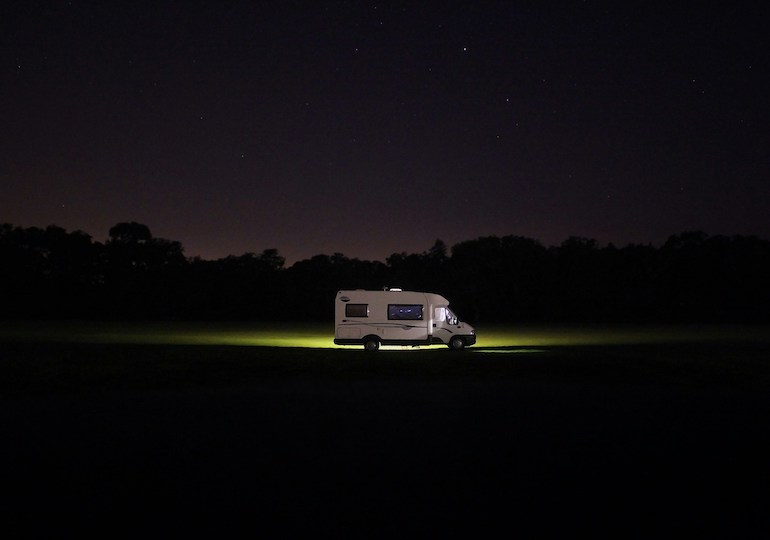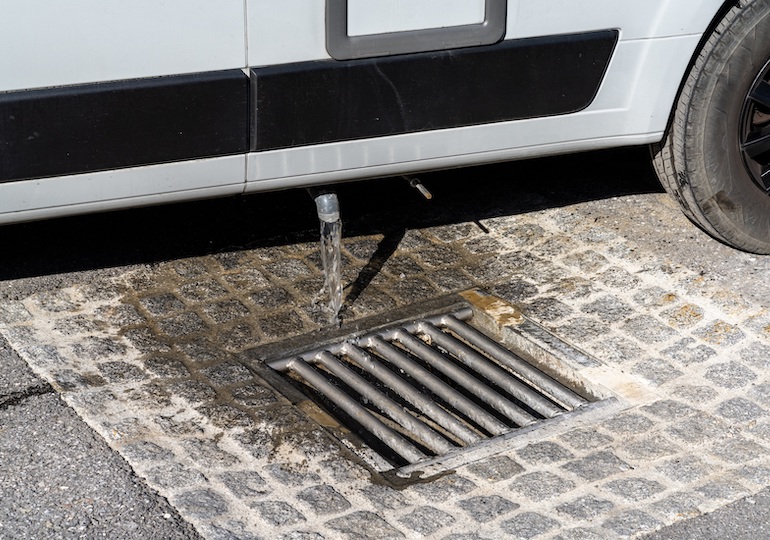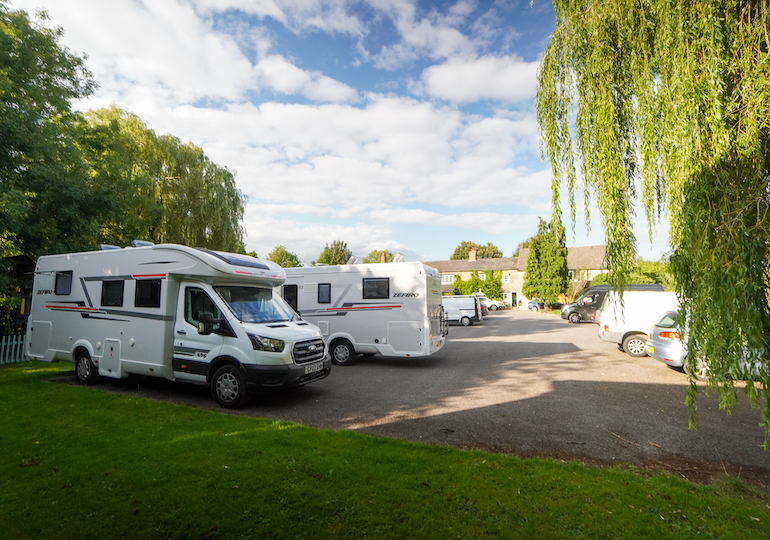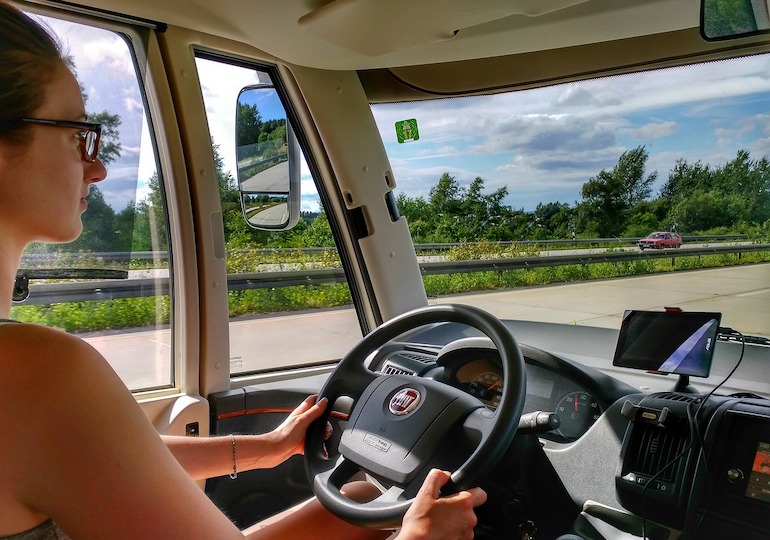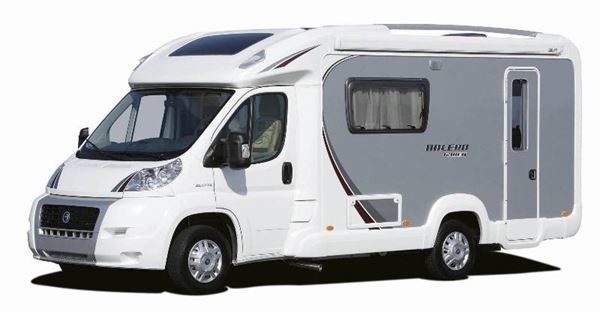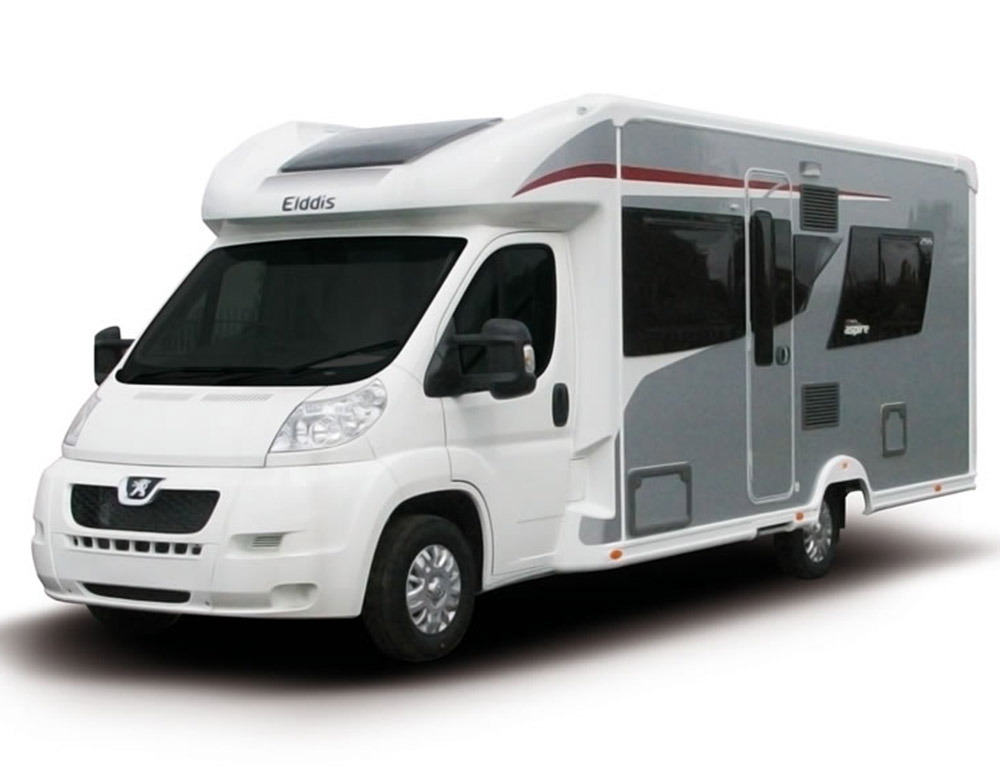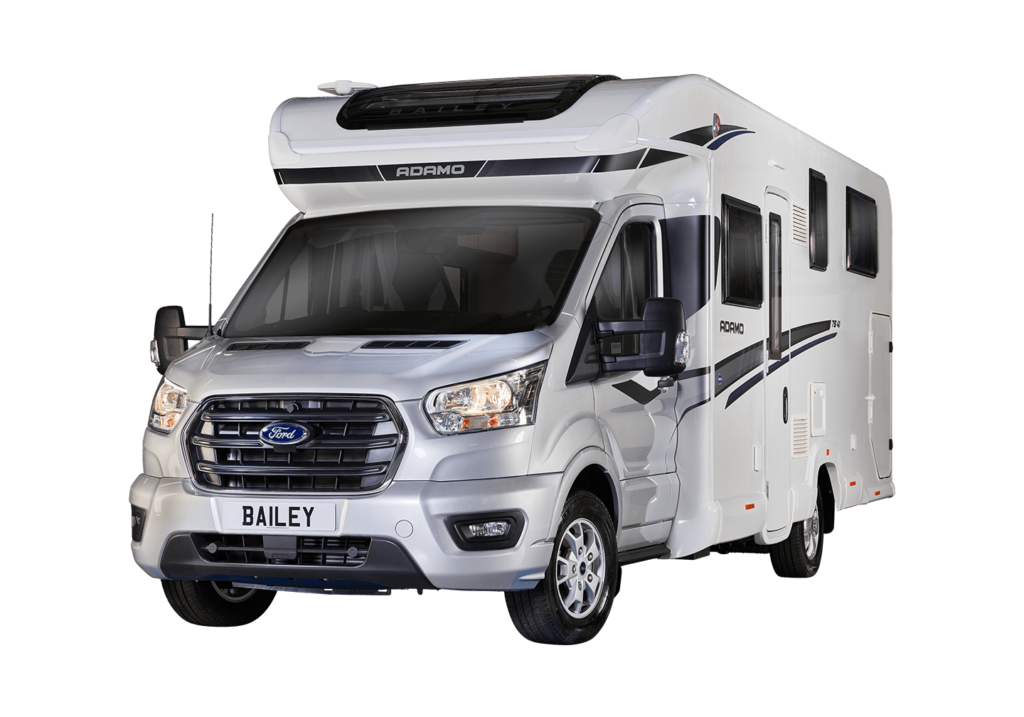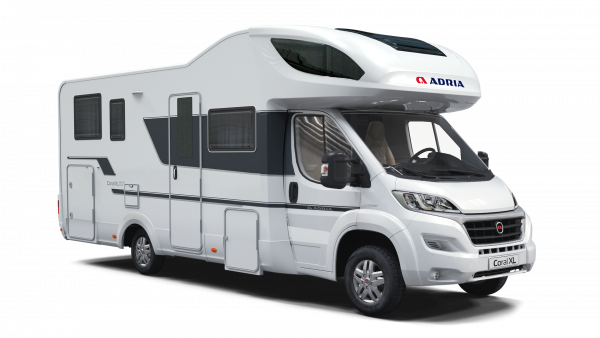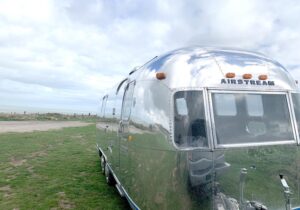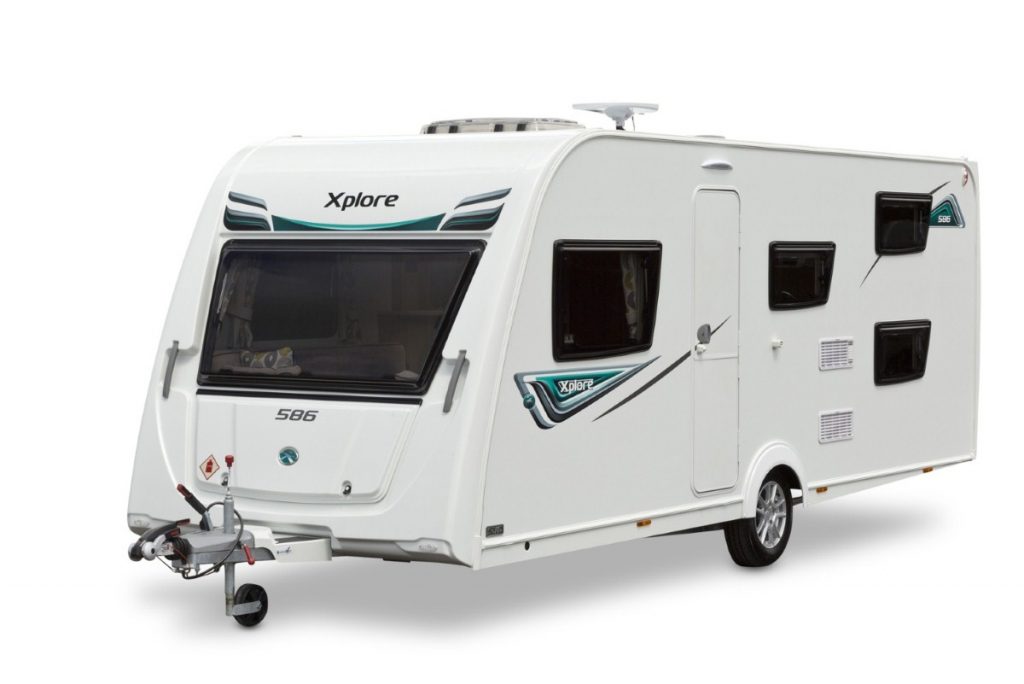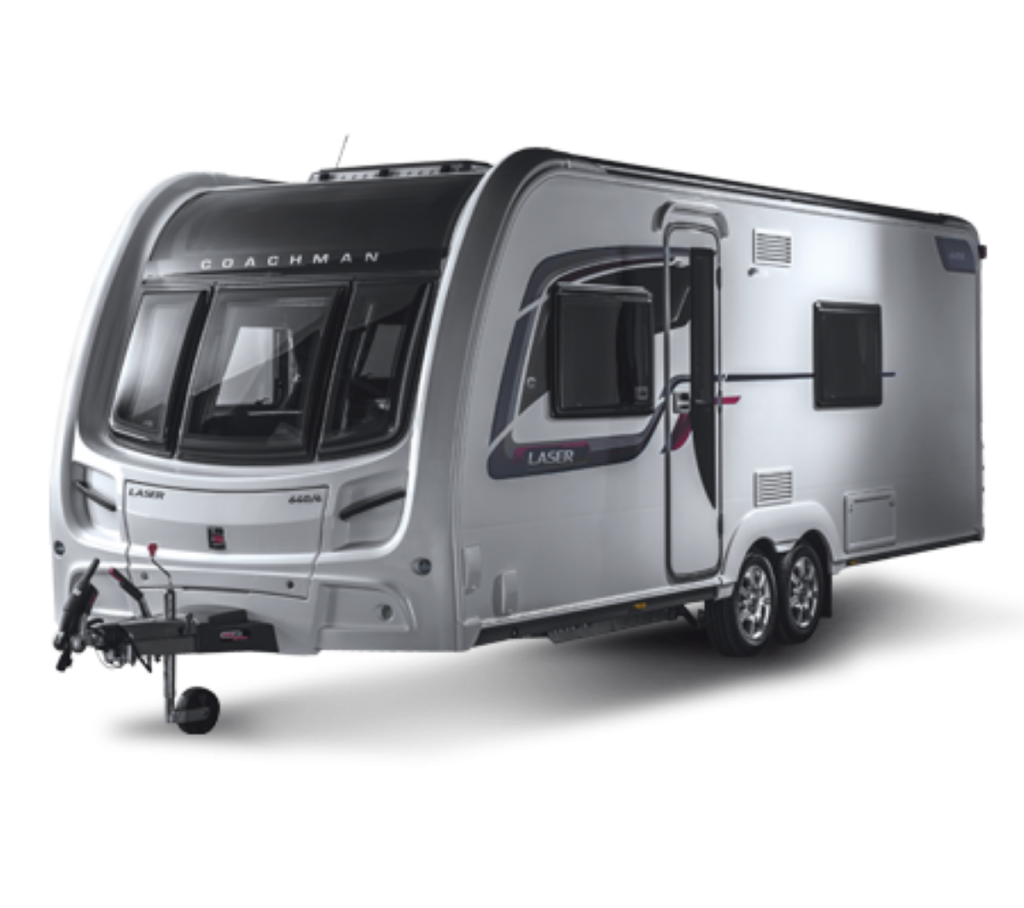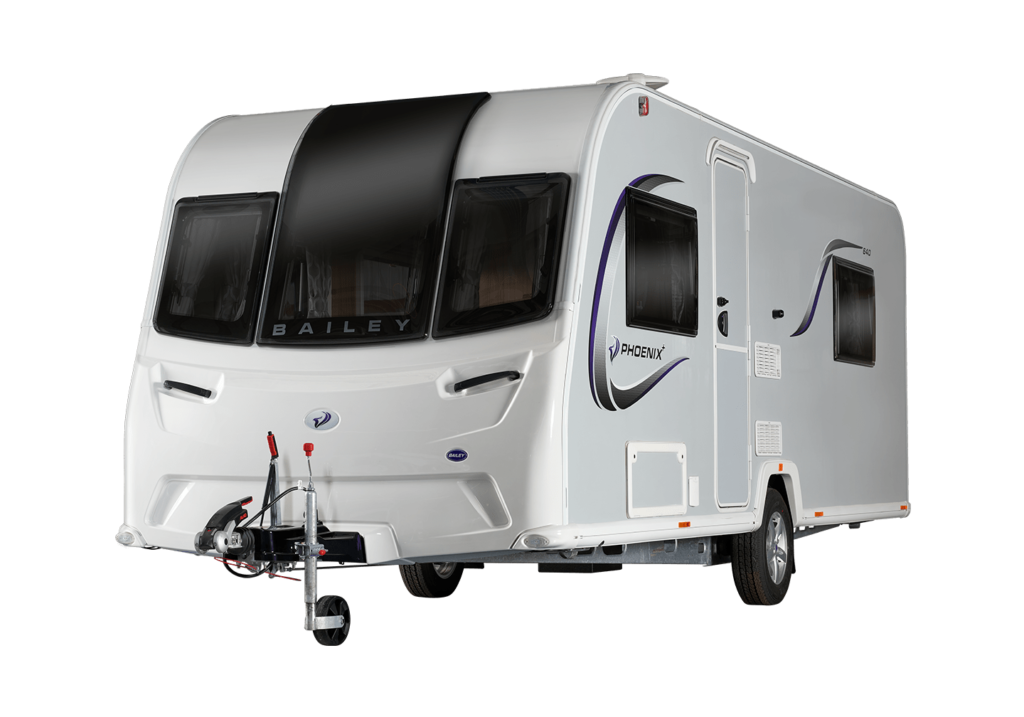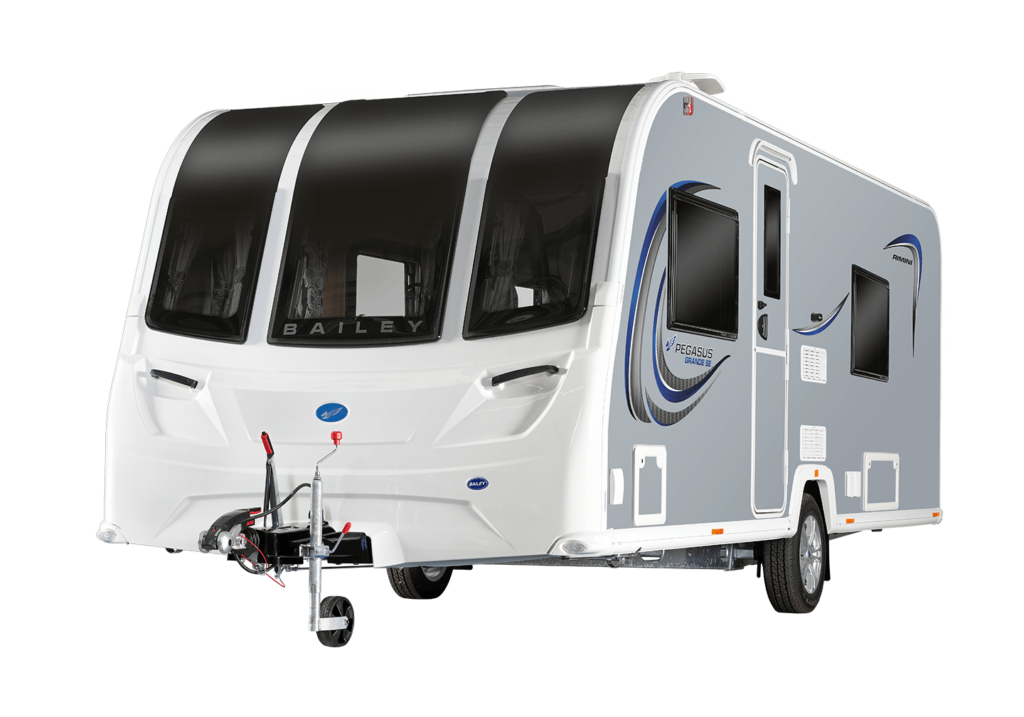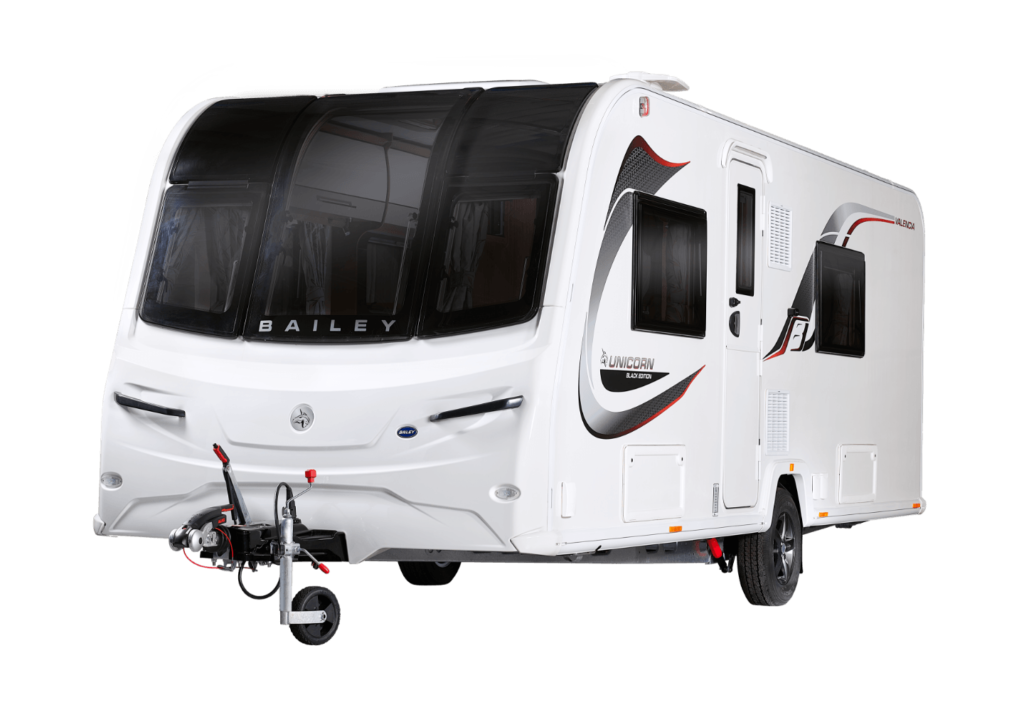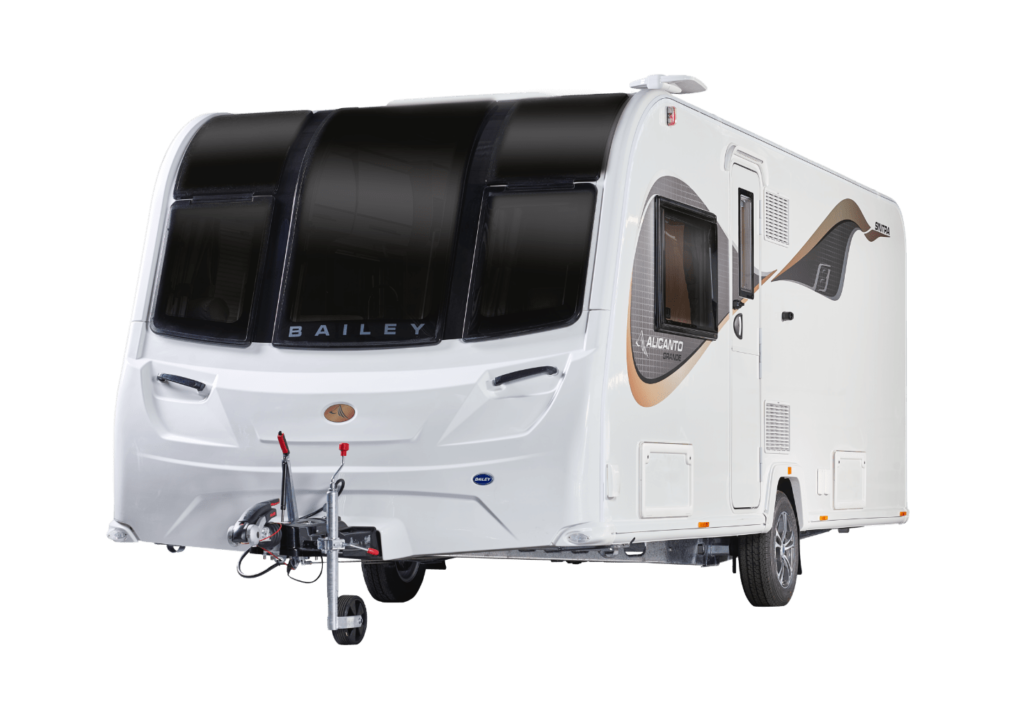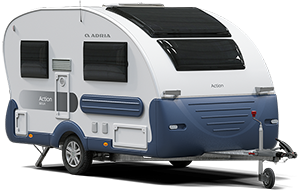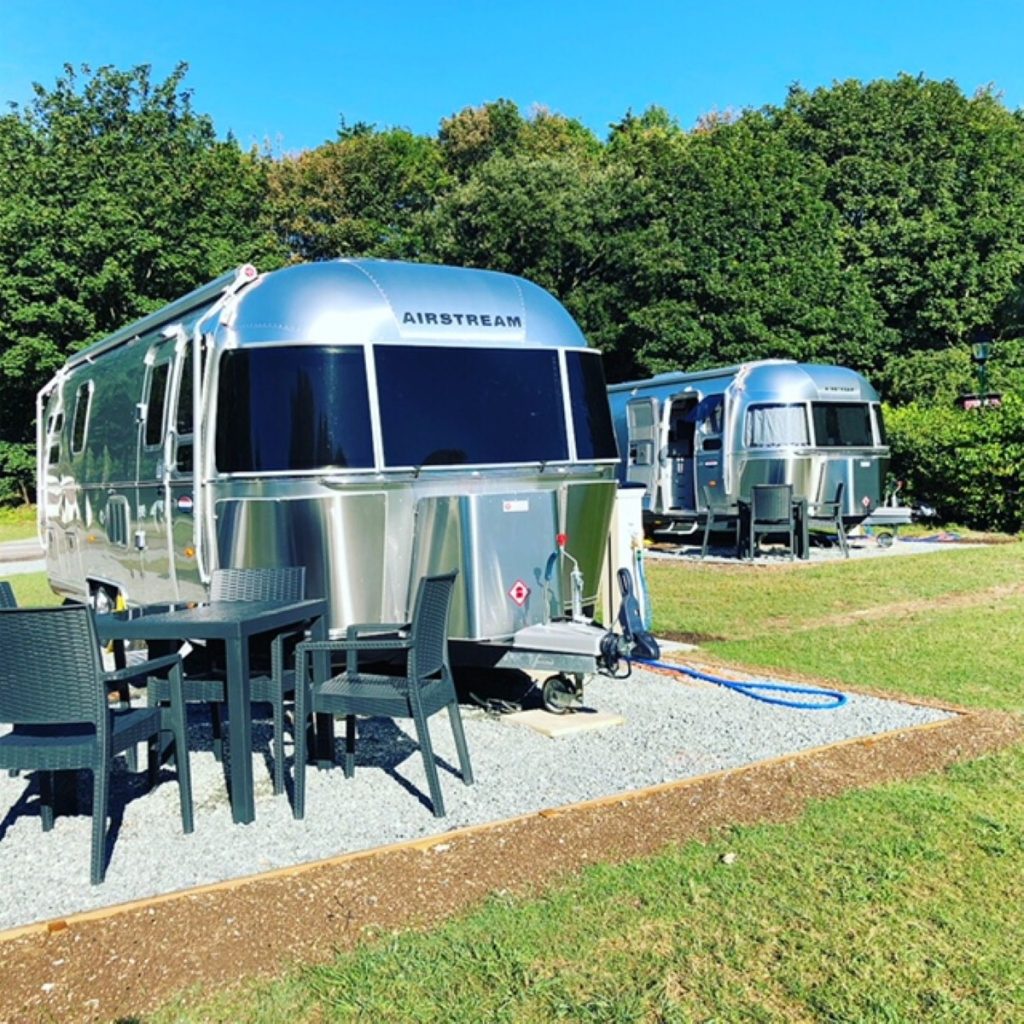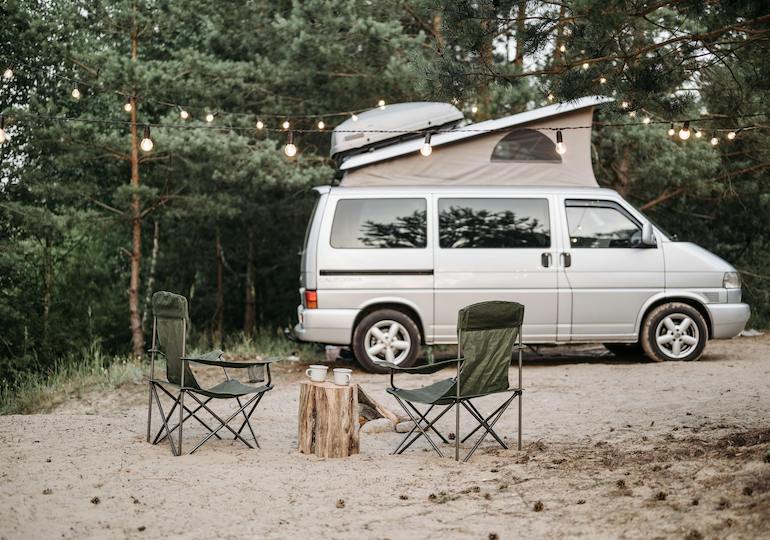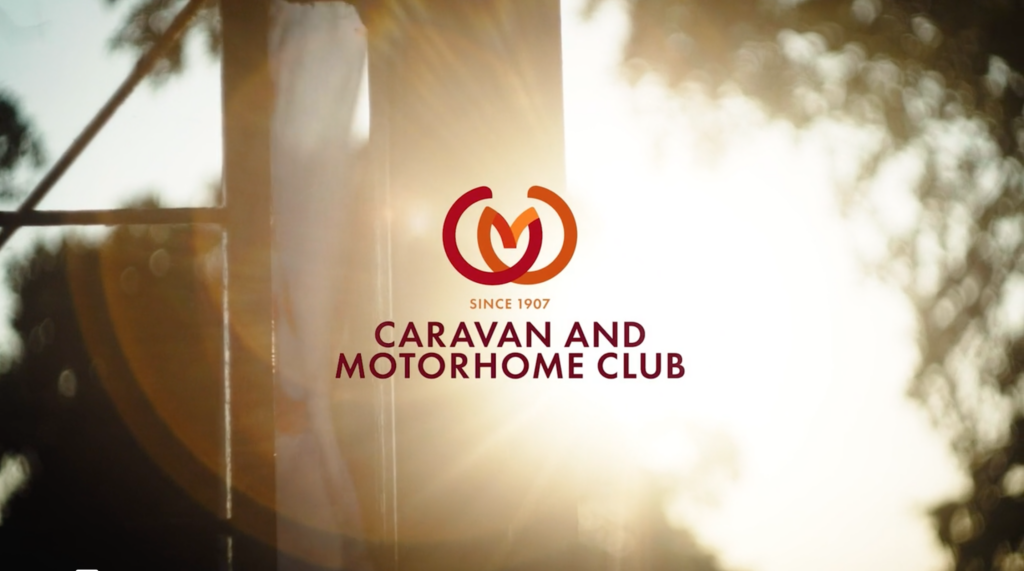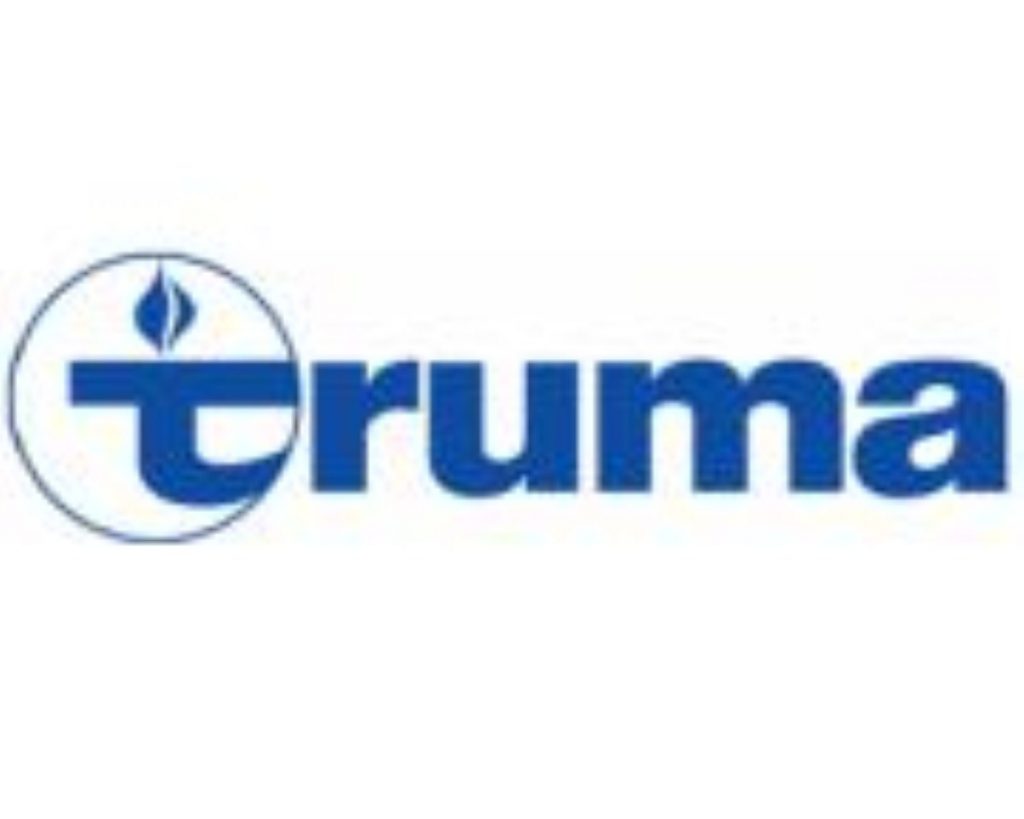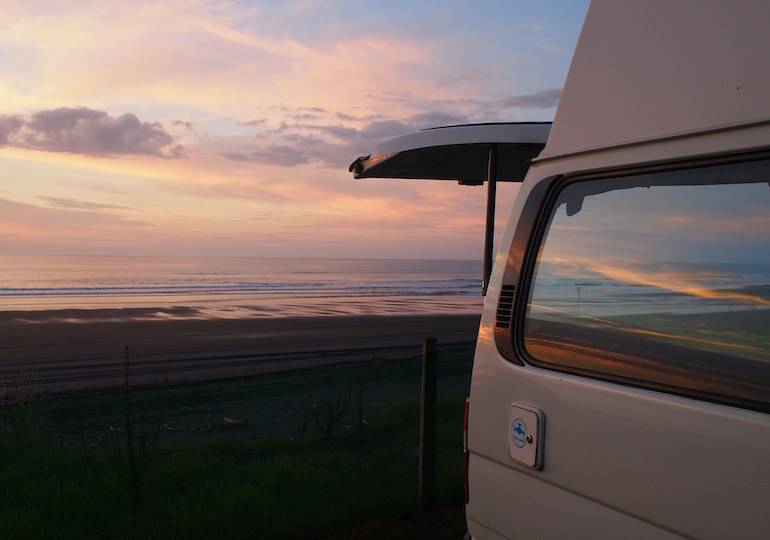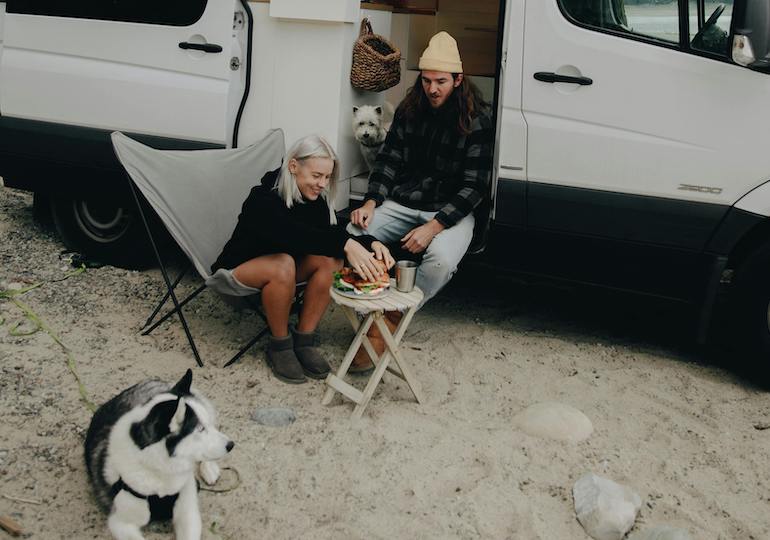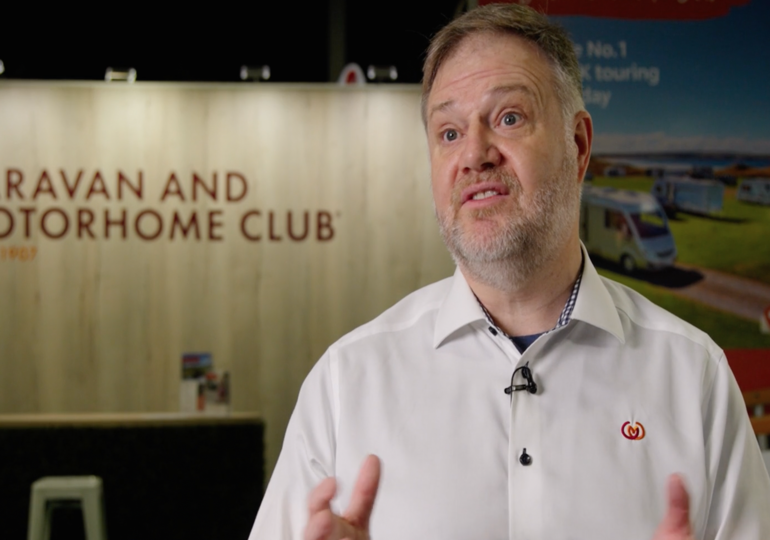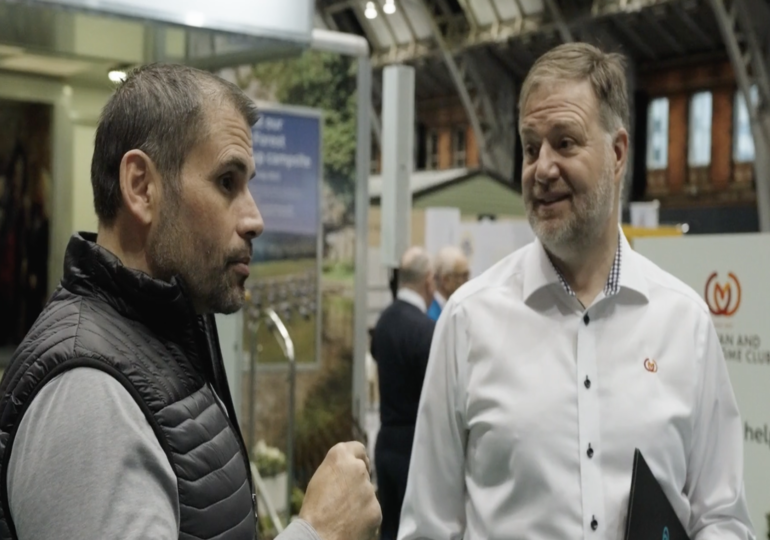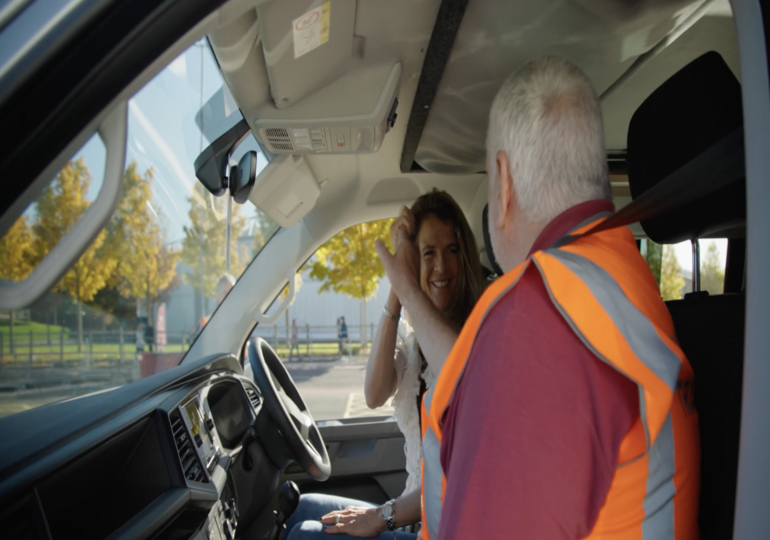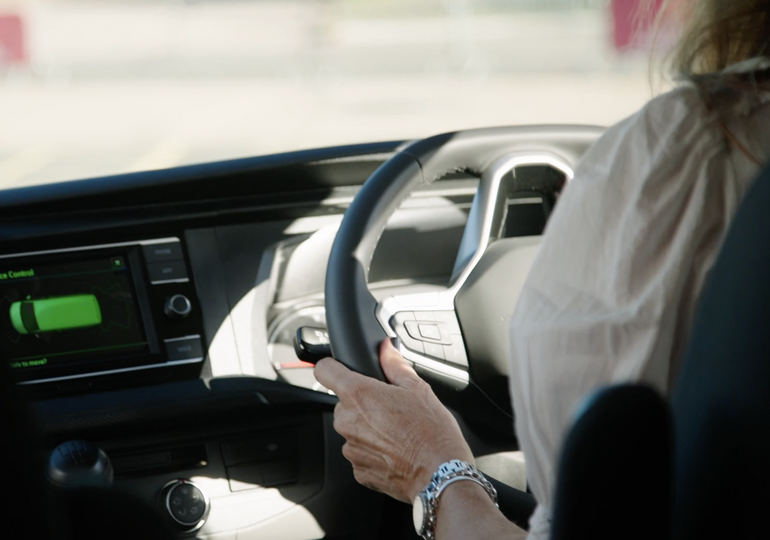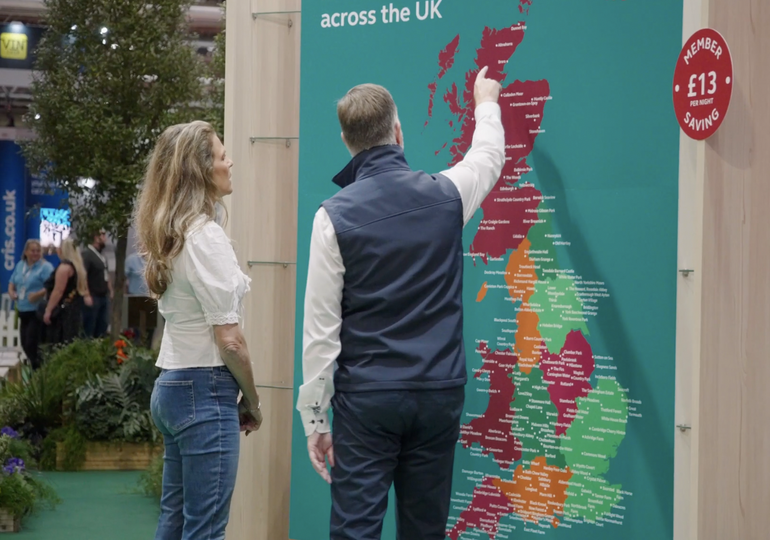Every month there are more than 27,000 Google searches for the terms ‘buy a motorhome’ or ‘buy a campervan’ in the UK.
While purchasing a leisure vehicle and enjoying the lifestyle is more popular than ever, the process can be confusing, especially for first-timers.
With this in mind, the experts at Ripe Motorhome Insurance have put together a list of things to take into consideration when buying a motorhome.
Research the market
Purchasing a motorhome is a big financial step, so it’s important to be well-informed so you don’t end up with buyer’s remorse.
As well as researching what’s available on the internet, it can be really useful to attend caravan and motorhome shows, where you can tour vehicles and ask lots of questions.
Identify your ideal size and layout
Once you start looking into the options, you’ll realise motorhomes come in all sorts of sizes and with a variety of layouts.
Pinpoint the size and layout that will best suit your needs, as these are the elements that will have the biggest impact on touring trips in the future.
Try before you buy
We’ve all seen the vanlife posts, making it easy to fall in love with the idea of owning a motorhome and enjoying the open road, but remember there can be a gap between Instagram and reality.
Hiring a motorhome to try out before making the commitment of buying one is a sensible step on your journey to becoming an owner.
Check paperwork
There are bargains to be had in the second hand motorhome market, but it’s important to check all the paperwork is present and correct.
Peruse the registration documents, service history and repairs that have been carried out. If the vehicle has been converted, make sure this is all above board too.
Look out for signs of damp
Damp can cause serious issues in motorhomes, so make sure you know the signs if you’re planning on buying a used vehicle.
Some minor occurrences can be dealt with, but pointing them out could help you negotiate on the price.
Understand distance implications
Purchasing a motorhome locally can be more straightforward, especially when it comes to things like pre-purchase servicing.
Larger dealerships can organise for vehicles to be transported to locations in your immediate area, but don’t expect this to be offered by all sellers.
Ask lots of questions
If you’ve never been through the process before, there’s likely to be a lot of things you don’t know, so it’s reasonable you’ll have questions.
Make you ask about:
- Any additional fees or charges
- Miles capable on a full fuel tank
- Vehicle weight
- Towing capacity
- Previous owners
- Terms of the warranty
Review your driving licence
A standard driving licence allows you to operate a typical motorhome, which falls into category B and is up to a maximum weight of 3,500kg.
Anything heavier than that and you’ll need to have a C1 entitlement on your driving licence, so don’t just assume you’re legally allowed to drive your new motorhome unless you’ve checked first.
Photo credit: Unsplash/Rob Hayman

